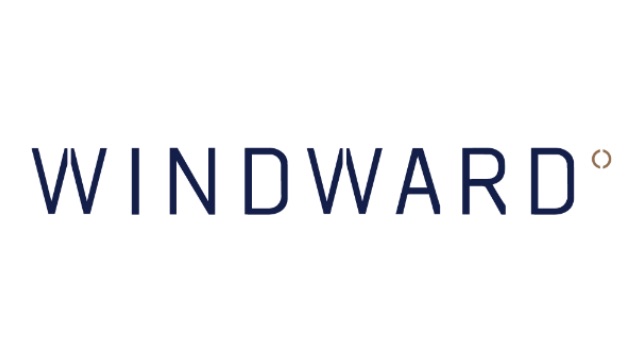Posted on: 6 May 2021
With the OFAC advisory published in May 2020, flag hopping went from a lesser-known deceptive tactic mainly associated with illegal fishing to a core tenet of sanctions-related deceptive shipping practices, according to. Defined only as “…repeatedly registering with new flag states to avoid detection,” flag hopping, unlike AIS manipulations or STS transfers, is left largely undefined and open to interpretation.
To answer these questions and transform flag hopping into actionable intelligence, Windward’s maritime AI separates legitimate flag changes from deceptive flag changes based on behavioral analysis of known offenders from SDN lists. Thereby eliminating 80% of flag hopping false positives in due diligence processes and lead investigations. Our algorithms analyze everything from flag change frequency, flag registration duration, and flag exploitability to deliver a clear picture of flag hopping in real-time.
Flag hopping culprits
While investigating the global flag hopping fleet, we noticed a clear vessel class division with a strong inclination towards subclasses enabling the transportation of sanctioned goods, particularly wet cargo. Much like the Longbow Lake, most of the vessels utilizing this deceptive shipping practice are crude oil tankers able to carry sanctioned oil across the oceans. In second and third places are general cargo vessels that can carry an array of commodities, including coal and sand, known income streams for the sanctioned regime of DPRK.

Overcoming false positives with AI
Analysis conducted by domain experts, including OFAC, has established a correlation between sanctions evasion-related behaviors and known offenders exhibiting flag hopping behavior like the Longbow Lake. However, flag registration and registration changes are a commonly used financial tactic, meaning that malicious flag hopping is well concealed in a sea of legitimate flag hopping.
Through maritime AI, instances of flag hopping can now be uncovered and investigated. The Windward platform automatically flags suspicious flag hopping and has integrated this deceptive shipping practice into overall vessel compliance risk assessment. At an 80% false-positive rate, flag hopping is a much-needed red flag to illicit behavior and sanctions evasions that can save organizations time and money while minimizing risk.
To find out more and book a demo please visit here.




